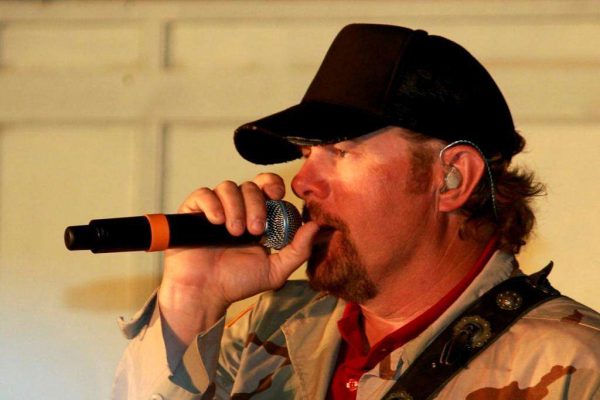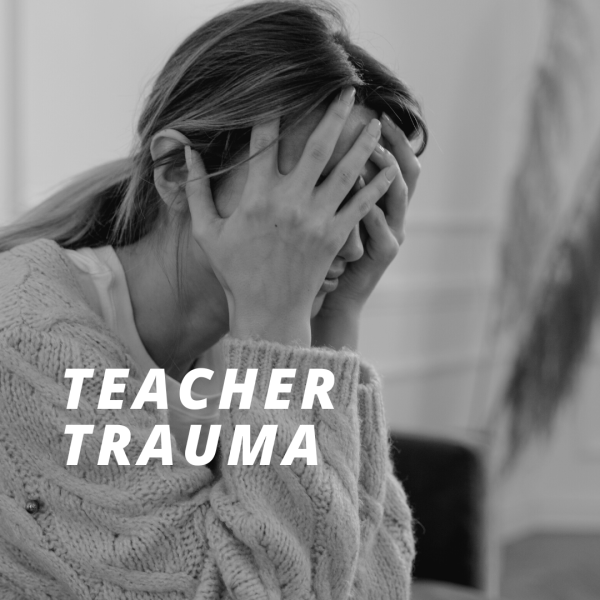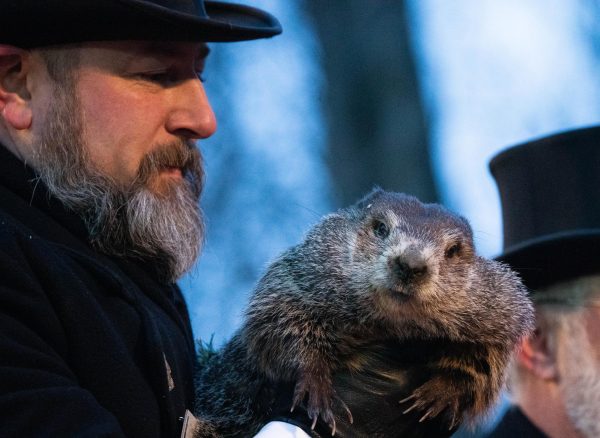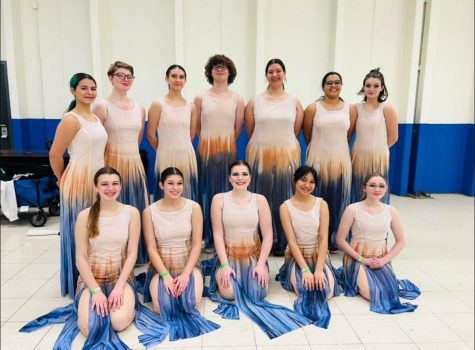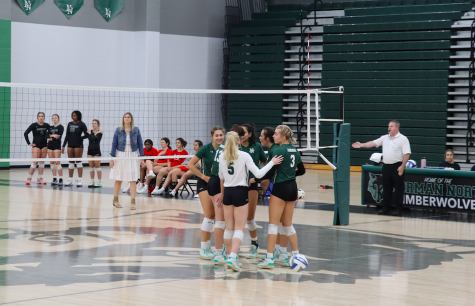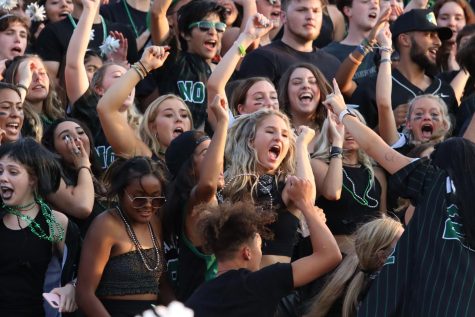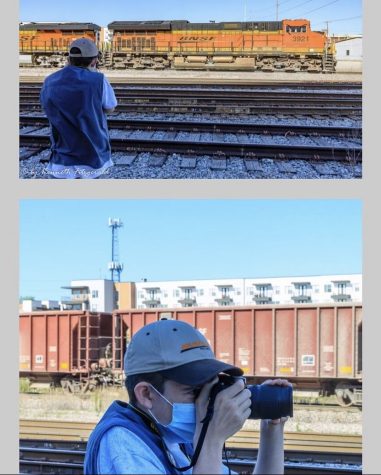Walking With MLK

Martin Luther King Jr. leading a march. via The Atlantic
My Grandma, when she was about 12 years old, walked with Dr. Martin Luther King Jr. during the civil rights movement in the 1960s. This is her story.
Okay, so let’s start off as I was 12/13, years old…and my family decided that we wanted to march with Dr. King. That we were all in agreement with, you know, with his views, and that we would support him. So, anyway, I’m this age [and] from that age 11/12 years old…I meet him for the first time. I get to hear him up close. I mean I’ve been to some of the rallies standing in the back. We weren’t allowed to get too close because we were not allowed to be arrested. So we, but we wanted, we were able to hear what was going on, and hear him speak. Well, I was quite impressed by this man and the way he spoke. He had my full attention. It was just something about the way he arranged his words something about the tone. Anyway, so I decided to just go a little further and I decided to be, I wanted to be a part of this, of this movement. So, I did.
So, one time I was allowed to go. I was allowed to actually go to more than a rally. It was a march, this was my first march as I had never been to a march before. So I’ll tell you guys about some of the things that you encountered on the march. Dr. King and his groups are very, very organized, very much organized and [from the] time you stepped in there, they found out your name, where you lived, how old you are, because they put you in groups, and the groups were for not only their protection but for your protection too. And you’ll, you’ll find this out in a few minutes. After I explain, in the morning meetings, we do a lot of praying.
They do a lot of talking; we get to meet some of the prime movers and shakers, the people that actually work with him, we get to know who they are. So that’s what we did that morning. Then from there, that afternoon, well, wait, no it wasn’t that afternoon, it was somewhere in between. Everybody went to lunch except for me because I didn’t know how long I was going to be there. I didn’t tell my uncle, what time to pick me up. So at lunchtime. I was kind of the only one there. I don’t know if I was the only kid there or not, I can’t tell you how young everybody was I didn’t know. …I was more impressed with him and my eyes were more on him and what he was doing, than anybody or anything else. So, I heard them talking about me at lunchtime.
“Well who is she.” They were saying, “and when did she get here?” and, “…wonder how old she is asking all these questions?” but nobody was talking to me. So, I’m, of course, we’re inside of a church, because that’s, you know he was a preacher, so of course we’re inside of a church. And so they finally come over and talk to me, and I answer their questions, you know, I got all the answers. I know where I live, I know my phone number, you know, I’m not too little of a kid so I gave them all the information, and they [asked] “…so would you like to go with us?” and I’m looking at him all the time. “What are you talking about? go where? my uncle’s gonna expect to pick me up here.” “You’re going to come back”.
So what they do is, since this was in the neighborhood, what they do is, they get people together that look like a family. And then they go out, they try and get the house in that area. And they learn what the people want, what they say. This guy, once he found out we wanted a house in that neighborhood, it was time to go. He just said he said “No I don’t think the neighbors would want you to move in, in this neighborhood. They don’t accept blacks”. I mean, you know, they introduced me as a good student blah blah blah blah blah, the guy had a good job, the wife was working, but no. Nein Frankenstein, No. Couldn’t live in that neighborhood. And so we went back and told them our findings, and they want to know how I felt. You know, that [made me] feel comfortable in his presence.
Okay, [they] just didn’t want us there. I never, I never experienced that before, but it wasn’t going be the end. So, that afternoon, we get on the buses. And we went to the neighborhood and we marched. Now, while we’re lining up, when everybody’s lining up, they’re talking to us, they’ve already taken the guys aside and told each guy. They are a partner up with a woman, and they need to look after her, and in my case, I was a little girl.
“Look at her. Let her know that you are going to protect her during this march. You’re going to protect her with your body. So if somebody is throwing rocks, you are to have her crouch down. And you stand over her. So those rocks are hitting you and not her.” Little did I know I was going to work my little man to death. Because this was my first march. I didn’t know what to expect. And you talking about ugly.
It was ugly. People throwing rocks at you was not fun. So I’m walking down the street, we’re marching down the street, everybody is peaceful, nobody’s, we’re not singing too loud or anything you know, we’re not being, you know black people [how] they get. We were none of that. We were nice and calm just slowly walking.”Keep your eye on the prize, hold on, hold on,” little slow songs like that. So we get somewhere in the middle, close to some buildings. This is where hell breaks loose.
And I don’t know why hell break loose right there, because it was kind of like, there was a place where you could go in, where the building went, and where you could hide, actually; and there were some people standing over there with big rocks, standing really close to me. A couple of times I had looked people in the eye, but not like this. Because that person was really close to me and made eye contact with me. I’ve made eye contact back, but my handler was telling me, “You don’t look them in the eyes.” But I felt compelled to look [at] this man, and…you know what I saw there, pure hate, like never before.
I had never seen hatred. And for a 12-year-old to see hatred like that. That’s the worst thing I could have seen in my life, Hate. What did I do? And that’s the question I asked all day long, to every adult, and no one could answer me. What did we do to these people that they hate us like this? They don’t know us. They don’t know our name they don’t know anything about us, but they hate us. What do we do?
Dr. King was the best for us, because he was non-violent, and we’ve been known to be violent people. He was the best for us, and he did not only come in non-violence, but he also came organized. He didn’t incite the people to violence. That would have been the easy thing; to fight back, to go in there gang busting, some butt pushing, some people knocking some folks down. “Don’t be looking at my momma like that!” “What do you mean looking at my sister, are you crazy?” That would have been easy. But no, non-violence was the way, and he brought it.

